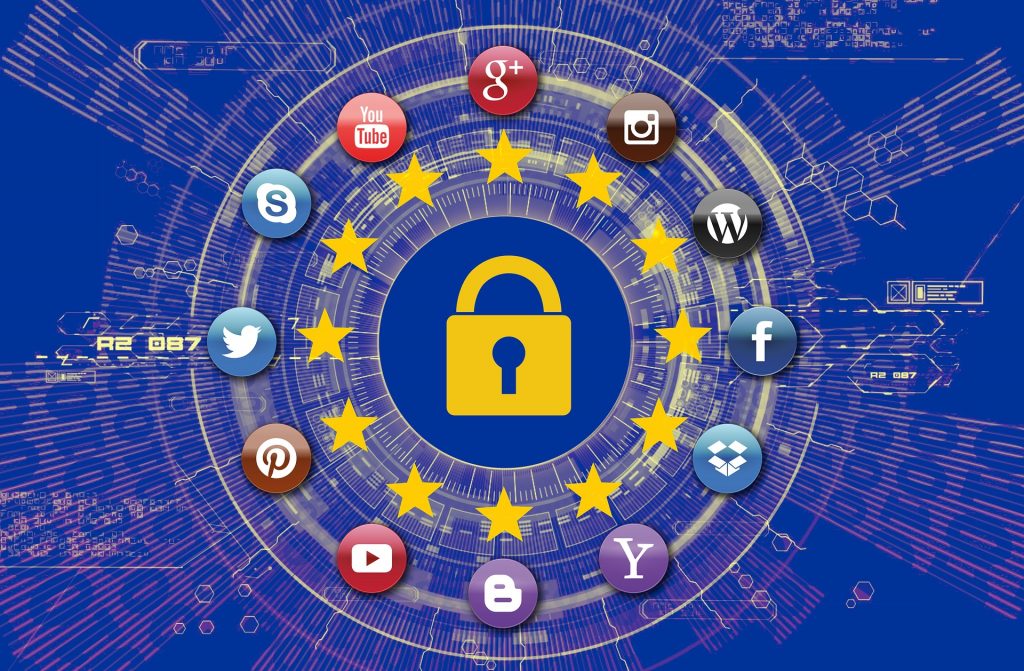GDPR and the Internet Giants (Google, Microsoft & Facebook)
We’re less than a month away from GDPR coming into full force.

By Iffy Kukkoo
06 May, 2018
We’re less than a month away from GDPR coming into full force So, it feels like a good moment to question the way data protection laws have worked so far and how this is all about to change. Recent scandals, such as Facebook’s unethically sharing the data of more than 50 million users with Cambridge Analytica, have shown us – yet again – that social networks are way more powerful than we are accustomed to thinking about them. Just take into consideration the fact that Facebook is the second most powerful advertising platform in the world – only behind Google – covering about ⅓ of the world population.
So, in what ways do the largest Internet companies (Google, Microsoft, Facebook) managed to sidestep previous regulative rules and how much they will have to change once GDPR takes effect?
Join us to find out.
There have been various data protection issues over the last decade that were openly admitted by Google. For instance, back in 2009, “Wired” discovered that a Google Documents design flaw allowed uncertified users access to private documents. Three years later, Google had to pay 22.5M dollars fine to the Federal Trade Commission over Safari tracking. Later, in 2013, the company was fined 1.2M euro by the Spanish government for breaking data law (as was Facebook 4 years later: see below).
In 2012, there was another issue, related to Google bypassing user privacy settings on Safari (and IE too) using cookies. Now, cookies have always been a popular reason for concern even among less educated IT users; but, over the years, we discovered that this is only a drop in the ocean.


 Eric Schmidt, former Executive Chairman of Google.
Eric Schmidt, former Executive Chairman of Google.




